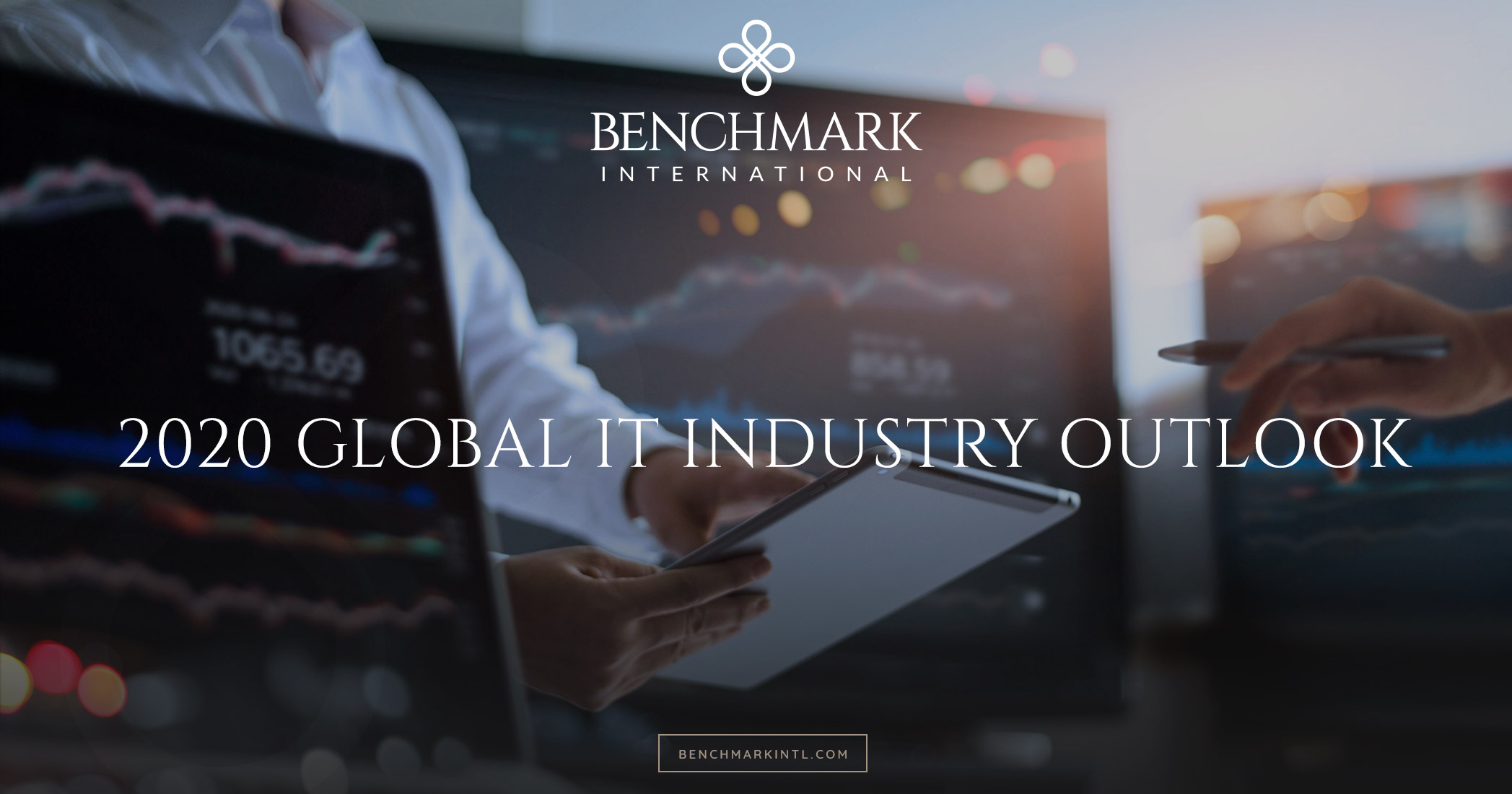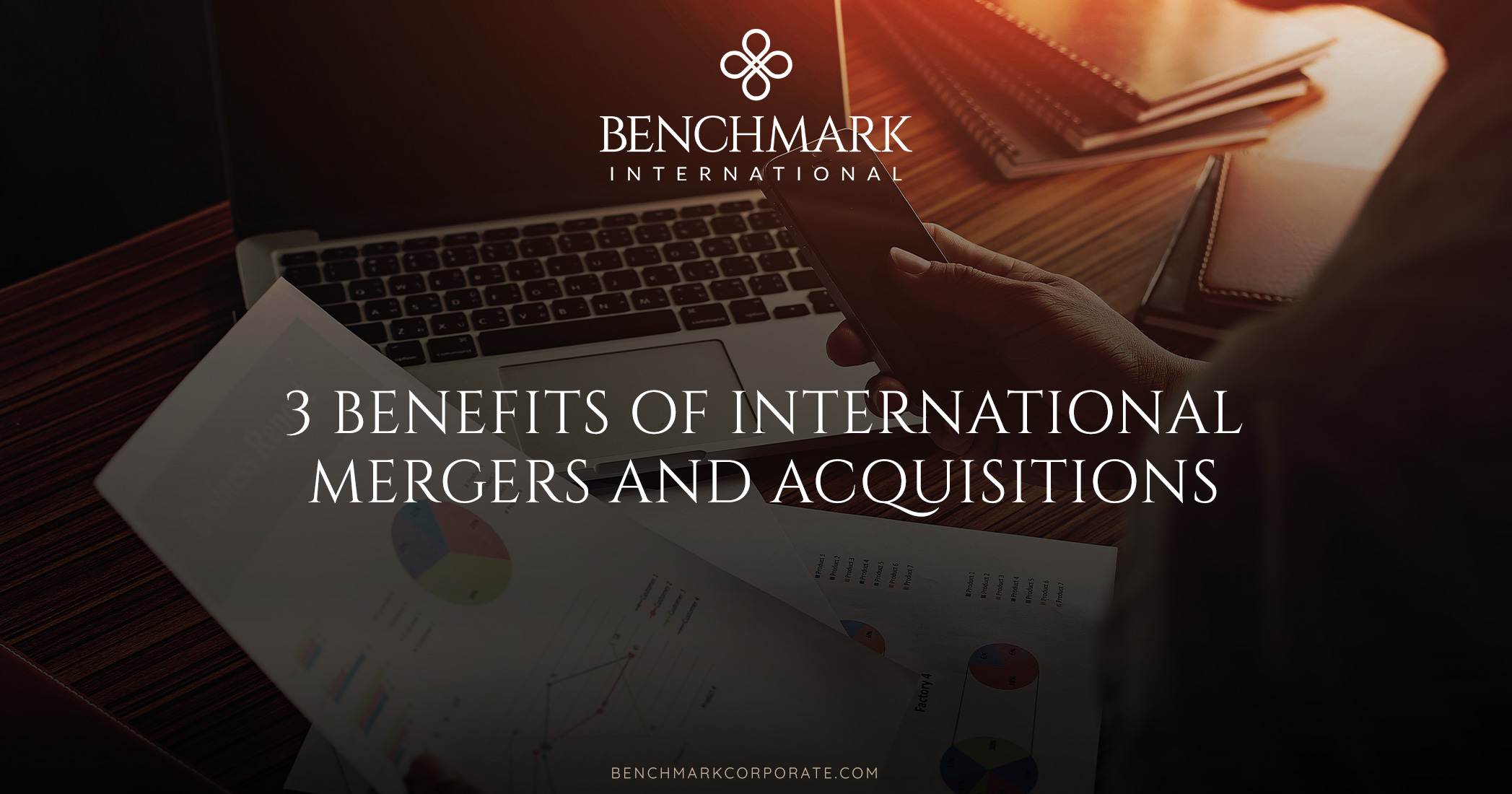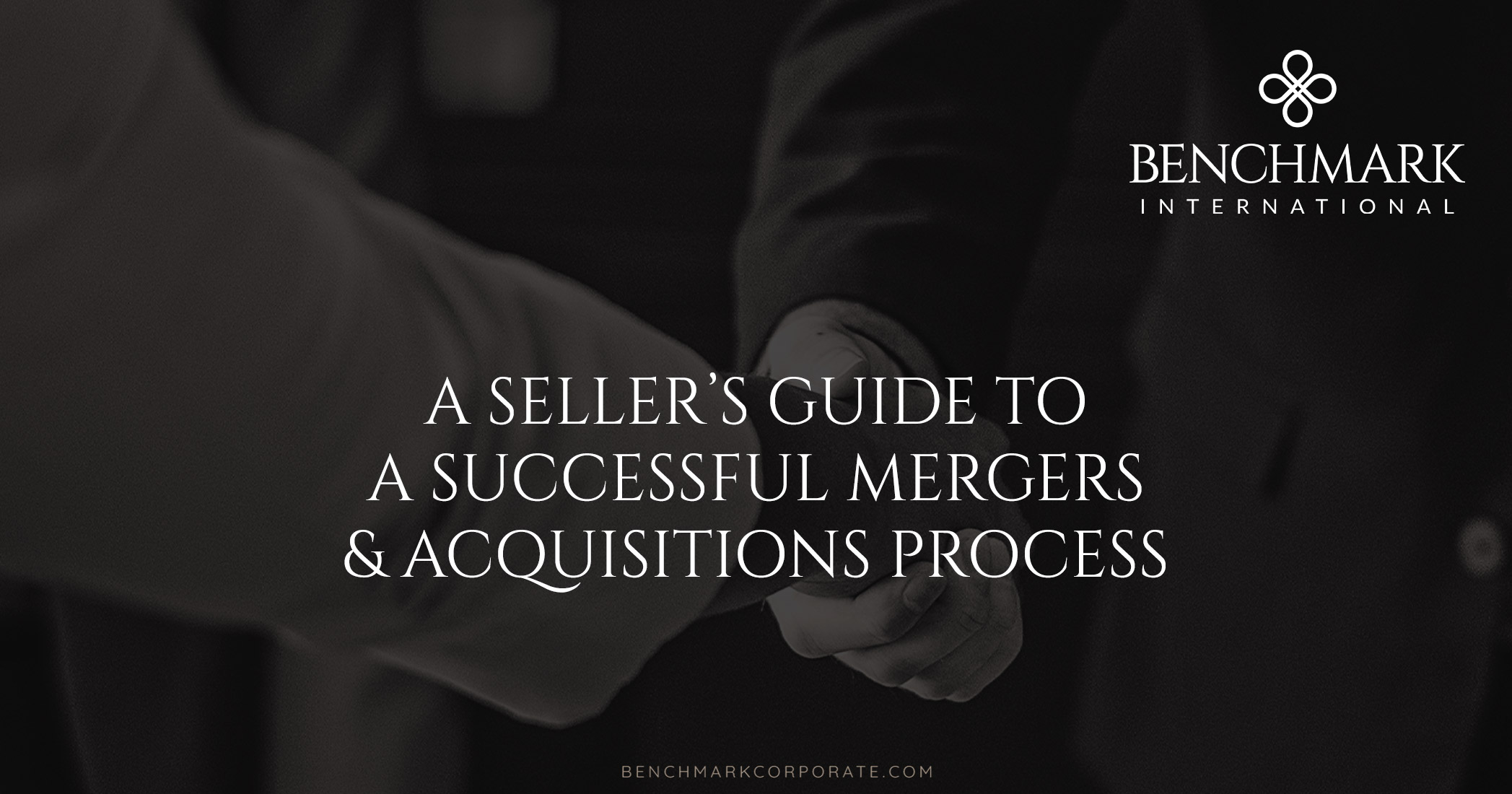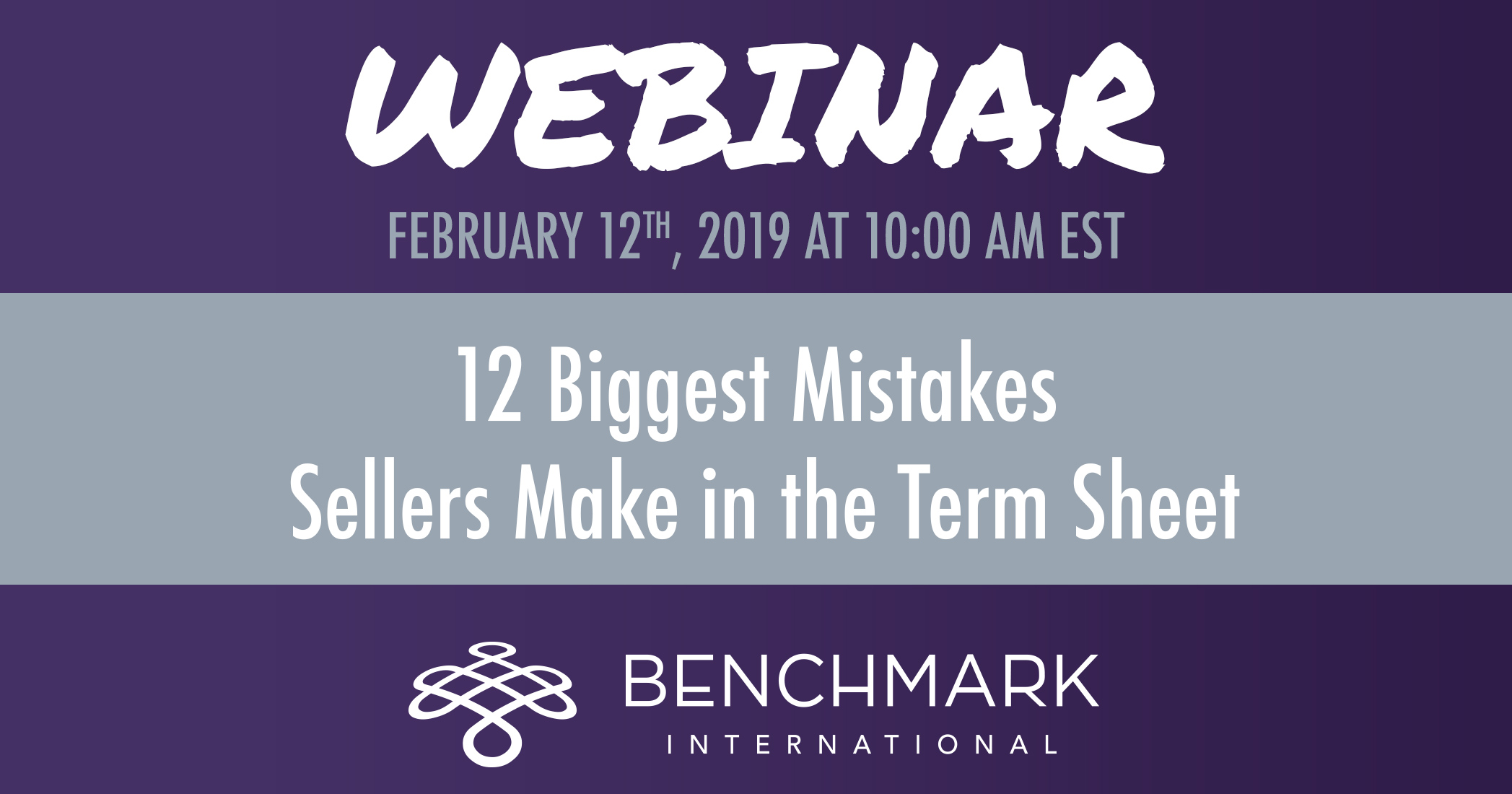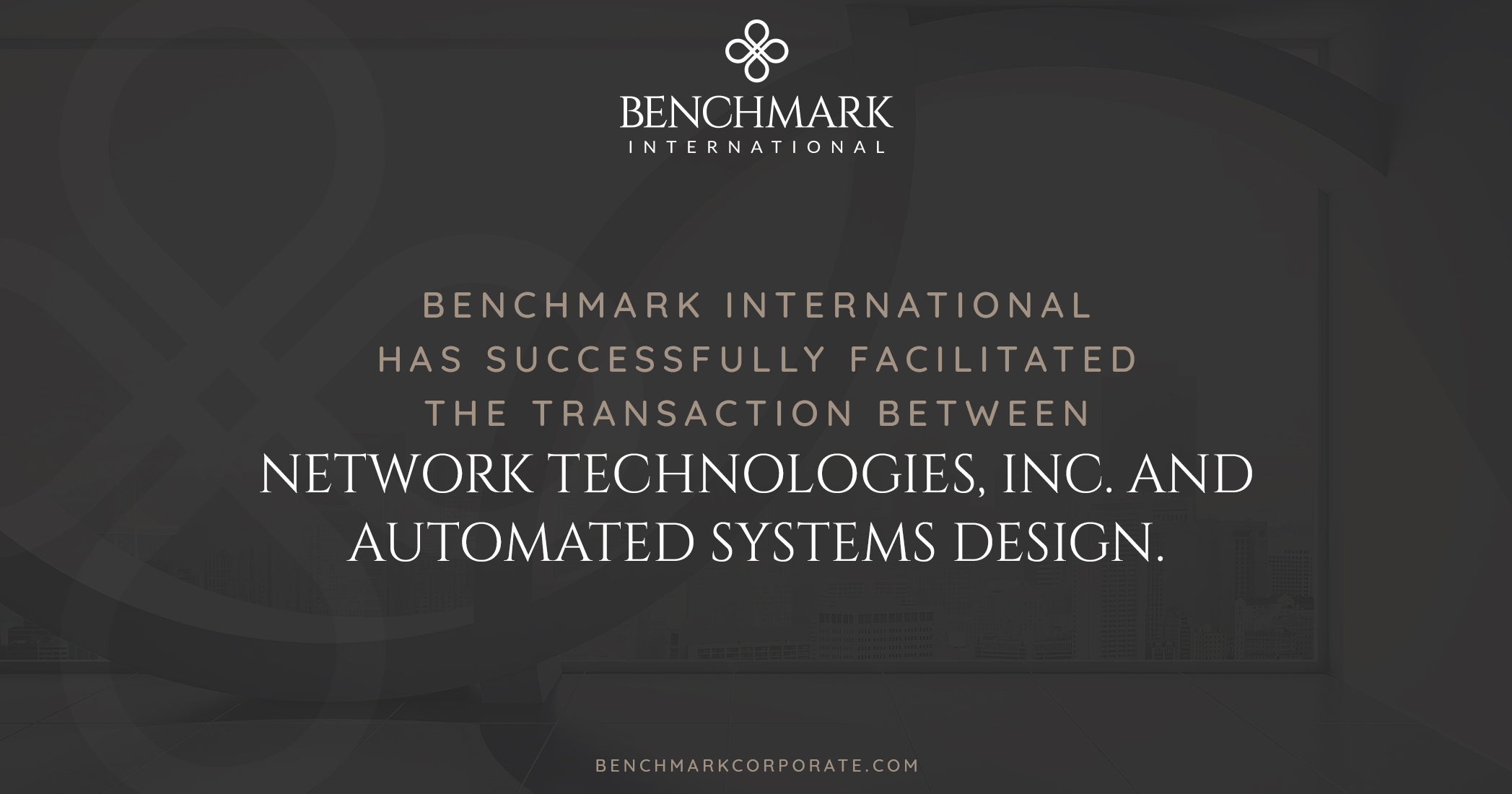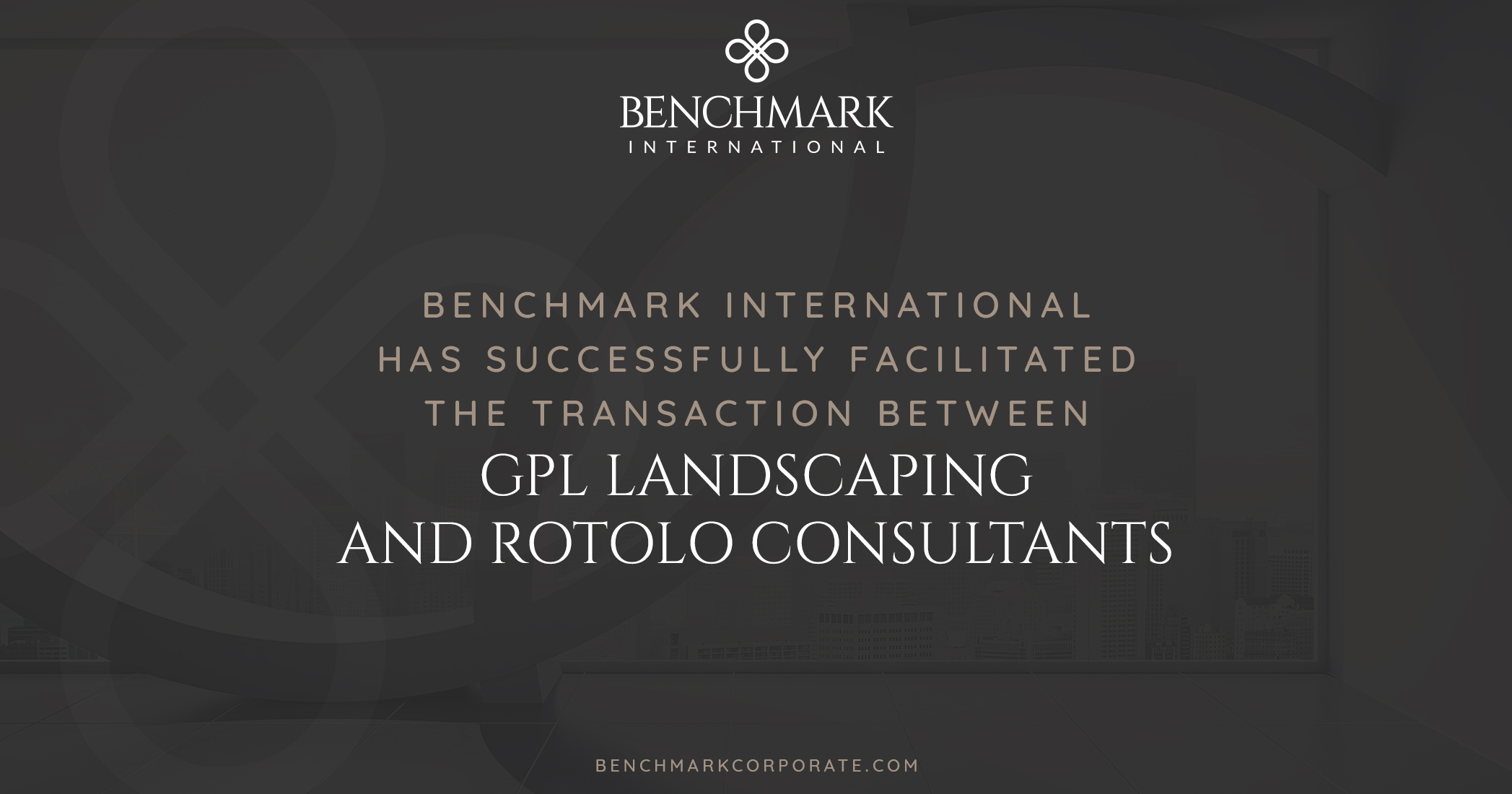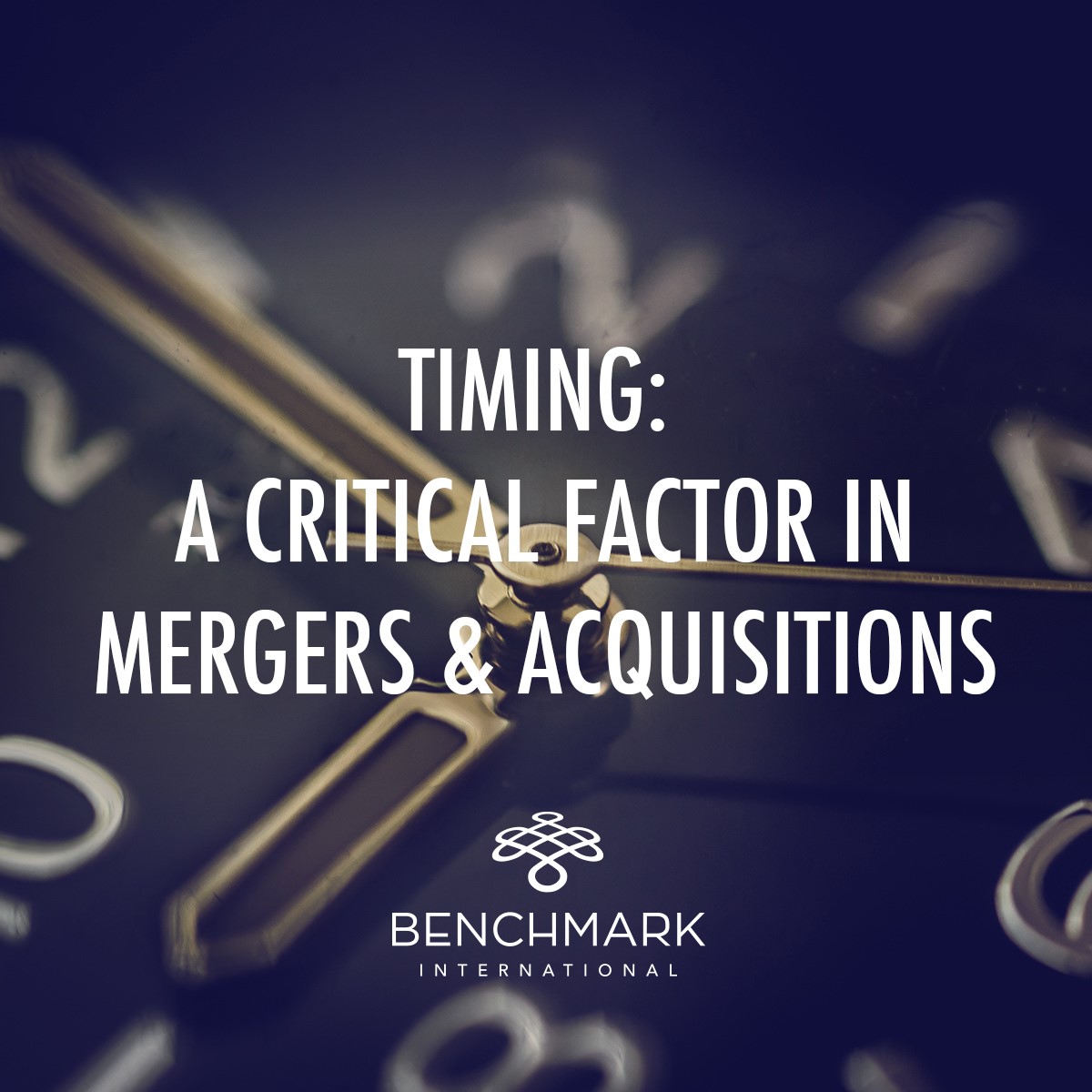The global Information Technology industry encompasses the sectors of hardware, software and services, telecom, and emerging tech including ‘as-a-service’ solutions under the umbrella of the Internet of Things (IoT) and automating technologies.
The global IT industry is projected to reach $5.2 trillion in 2020, with global spending growing 3.7%
As the world continues to be more digitally connected and industries become more automated, technology will remain a massively growing market in the beginning of the new decade, especially as companies focus less on cost reduction and more on innovation.
The United States is the world’s largest tech market, accounting for one-third of the total market, and exceeding the gross domestic product of most other industries. Although the US market is so large, the lion’s share of tech spending actually happens outside of the US (68%) and is made by enterprise or government entities. Western Europe is a major contributor in the global tech market, and China is also a significant player with focuses in robotics, infrastructure, software, and services.
Forecasted IT Spending
In 2020, IT spending budgets will be largely driven by the needs to upgrade outdated infrastructure, address security issues, and accommodate growth. The amount of spending and the mix of services will vary by company size.
- Smaller businesses are expected to spend more on hardware such as servers and laptops.
- Mid-size companies will be spending more on mobile devices.
- Larger corporations will spend more on managed infrastructure IT services such as power and climate solutions.
For software spending specifically, small businesses will focus their spending on operating systems. Mid-size companies will have a larger budget for productivity software and business support applications. Large enterprises will be spending more of their money on virtualization, database management, and communications software. Cloud services and recovery software will represent major budget allocations in the coming year and cloud spend will vary by company size.
Cloud Security
With the increasing popularity of cloud-based software and services and hybrid cloud solutions comes the increasing concern regarding cloud security. This is further reinforced by an ongoing rise in cyber attacks and data breaches. Cloud-based security solutions will remain a growing need across several sectors, especially in highly regulated ones such as finance and government. The global cloud security market was anticipated to garner $8.9 billion by the start of 2020. This need will create more opportunities for companies, entrepreneurs and investors.
The Year of 5G
The highly anticipated 5G technology will see a much more momentous rollout in 2020, in contrast to the lackluster emergence in 2019. Hundreds of millions of 5G-enabled smartphones are expected to ship in 2020. 5G will deliver significantly high speeds and remarkable data capacity to expand the financial possibilities for businesses. It is able to support billions of connected devices across sectors, allow new innovation for the IoT, Artificial Intelligence, and Virtual Reality. It will also enable a new world of autonomous vehicles and smart cities through a fully connected society, shattering boundaries to create a scalable global marketplace through unified technologies. Businesses will need to be prepared with how this new technology is going to dramatically alter the possibilities of the cloud and the need for virtualization-based networks as opposed to fixed-function equipment. While it is not going to happen overnight, 5G technology will grow increasingly more available throughout 2020, changing the availability of certain devices and transforming industrial possibilities.
Edge Computing
Edge computing is not a new concept, as it has existed for years. However, the value opportunity that it represents across industries is enormous. 2020 is anticipated to be a highly emergent year for edge computing due to the availability of faster networking technologies such as 5G and analytic capabilities in smaller devices.
Edge computing allows data processing to be done physically closer to where the data is generated (the edge of the network) rather than at a massive data processing center, which in turn reduces latency and processes the data much faster. This opens up countless new opportunities. Additionally, this technology offers several benefits for businesses, such as reduced costs, improved energy efficiencies, predictive maintenance, increased reliability, smart manufacturing, and security enhancements.
Let’s Talk Soon
At Benchmark International, our team of M&A advisors is ready to help you plan the next steps for you and your company. Whether it is selling your business, creating an exit strategy, seeking investor assistance, or finding ways to create growth, we are here to work on your terms to help you make your future as bright as possible.
READ MORE >> Benchmark International
Benchmark International  Benchmark International
Benchmark International 
